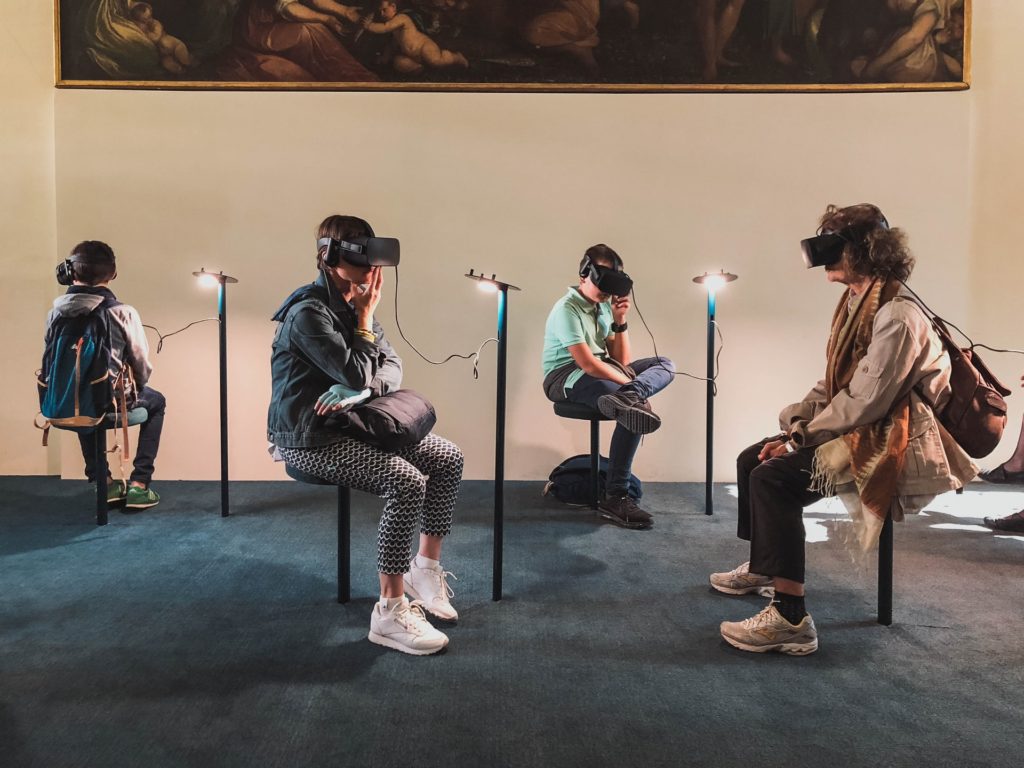
In ten years, 23 million people, more than 20 times more than in 2019, will be employed in the industry immersive technologies: virtual reality and augmented reality (AR and VR), artificial intelligence and IOT, a market that today contributes to the world GDP with 46.4 billion dollars and which by 2030 will be worth 1.5 trillion dollars.
The processes of development of products and services with a potential increase in GDP to 359.4 billion dollars, followed by health (almost 350 billion dollars), from training ($ 294.2 billion), from maintenance and logistics processes ($ 275 billion), from retail and from the interaction with the consumer (204 billion dollars).
Less distracted with e-learning
This data is recorded by the latest research by PwC Italy on the impact of virtual and augmented reality on the world economy over the next ten years. But what are the advantages of these technologies? Let's take the training. VR, for example, facilitates the process of remote VR, which was key in the worldwide lockdown period. In the education and training area, therefore, with the use of virtual reality it takes 53% less time than traditional classroom sessions or 33% less time than e-learning, with significantly user distraction rates. lower.
Statistics show a confidence rate in applying the techniques learned thanks to the VR of the 340% higher than traditional methods, with the 276% of greater emotional involvement and a saving on the training costs of the 36%.
Cultural and economic factors are holding back Virtual Reality
«Today the technologies of AR and VR are finally mature to guarantee optimal use for companies and end users - he says Pier Mattia Avesani, CEO of Uqido, which with Pwc Italia organized the European Immersive Computing Summit last March -: the viewers are cheaper, lighter and more ergonomic thanks to a better field of view, resolution and software. The speed in gigabits per second promised by the 5G networksFurthermore, it will certainly benefit immersive technologies through reduced latency, offering an increasingly fluid user experience, rich and compelling. From the PwC Italia study, it also emerges, however, that cultural and economic factors are above all to slow the implementation of immersive technologies in companies: that is to say, a sort of aversion to what is not yet popular, of which it is difficult to evaluate the 'effectiveness, and the difficulty of entrepreneurs to focus on the return on investment in the medium-long term, rather than on initial costs ».
Giulia Cimpanelli






